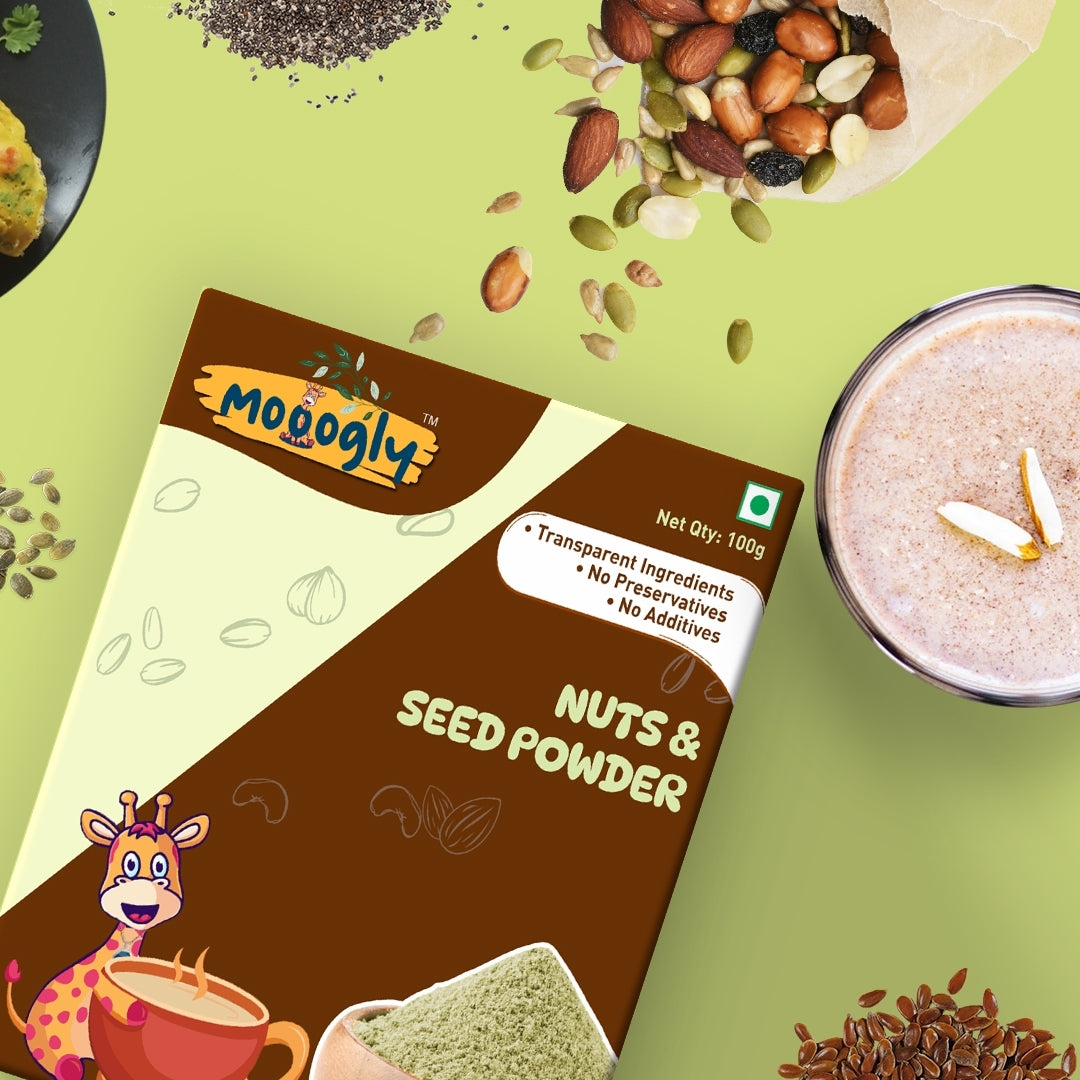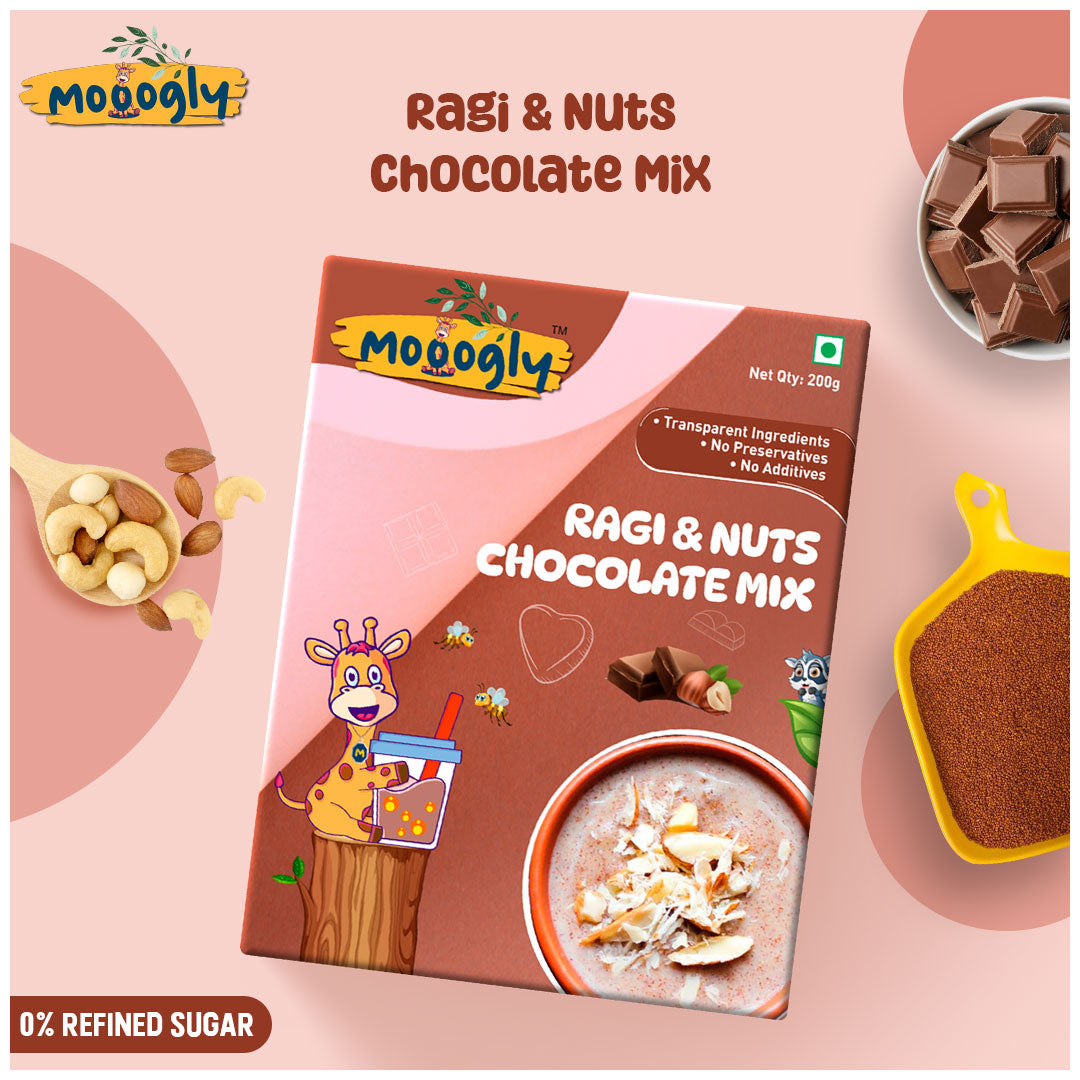Cart
0
You may also like
Sweet Nutri-Treat Duo Combo (Ragi & Nuts Chocolate mix, Sweet Potato Pancake)
Regular price
Rs. 529.00
Rs. 649.00
Sale price
Sold Out











